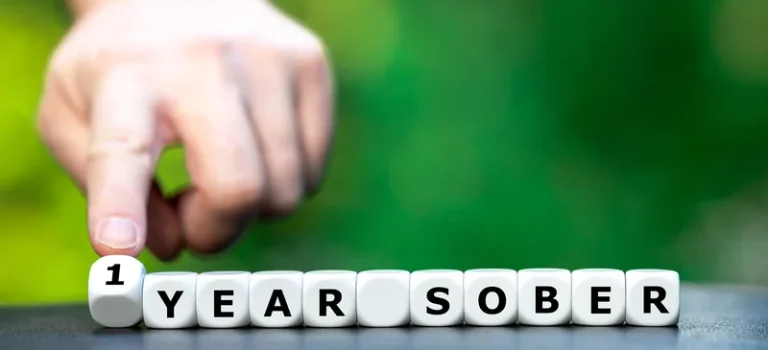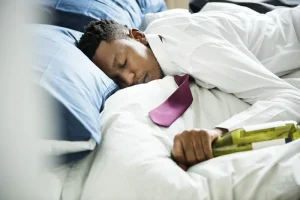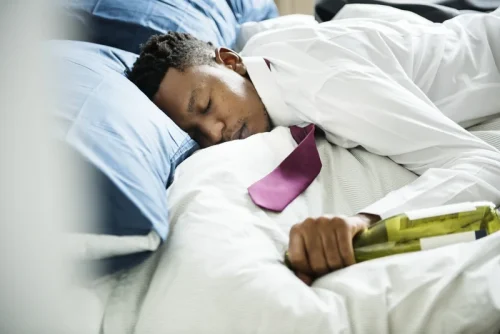
Avoiding drinking is the best way to prevent an alcohol-related headache. Males should aim to drink two or fewer drinks daily, and females should aim to drink one or fewer. Experts are unsure exactly how alcohol may cause one type of headache over another.
- Since PAWS symptoms feel a lot like the worst withdrawal symptoms, many people in recovery worry that they won’t ever feel better.
- Alcohol has effects on several neurotransmitters and hormones that are implicated in the pathogenesis of headaches, including histamine, serotonin, and prostaglandins (Parantainen 1983).
- Typically, people who experience headaches after drinking wine, beer, spirits or mixed drinks tend to notice the unpleasant correlation and avoid them.
- Alternating alcoholic beverages with water can help replenish lost fluids and prevent dehydration.
Is “hair of the dog” good for hangover headaches?
While there are home remedies and treatments for a hangover headache, prevention is always better than trying to cure it. However, if you can’t avoid alcohol, remember to drink in moderation. If you aren’t sure that alcohol is to blame for your headaches, try keeping a diary.
ELI5: Why do you get headaches after drinking alcohol?
- In fact, some of the most severe symptoms of withdrawal can continue to develop as many as two or three days after the last drink.
- You can drink water in between alcohol intakes to prevent inflammation.
- However, concentrations rarely get that high, so that’s not the complete explanation.
- Did you know that 20% of women say they avoid pregnancy because of migraine?
- The scale was developed and validated by Slutske et al.9 and was translated and validated to Hebrew by the researchers.
Understanding the causes behind this phenomenon is crucial for prevention and management. Several factors contribute to these headaches, including dehydration, headache after drinking alcohol hangover symptoms, and even certain ingredients found in alcoholic drinks. Many migraine sufferers find keeping a simple diary helps them to understand their triggers and migraine headaches much better.
Alcohol consumption and hangover patterns among migraine sufferers

Some people may have heightened reactions due to genetic factors or existing health conditions such as migraines or allergies. While anyone can experience DAIH, people with migraine are more susceptible. Even a modest amount of alcohol can cause people with migraine to develop a delayed headache or trigger an attack.


Alcohol-induced alcohol rehab headaches are not only subject to those who have a history of misuse or abuse of alcohol. These types of headaches can strike anyone, of any age and background. One of the main problems facing those who struggle with alcohol is the alcohol-induced headache.

This includes being careful about the amount of alcohol you consume and paying attention to how and when your migraine symptoms flare up in relation to drinking. In a 2007 study, Austrian researchers examined a number of factors related to migraine, specifically considering consumption of alcohol and other nutritional factors the day before the onset of a headache. They found limited importance of nutrition, including alcohol intake, in the triggering of migraine. The short answer is that while it’s possible for alcohol to cause a migraine attack, it’s often a bit more complicated. In some studies, about one-third of people living with migraine reported alcohol as a migraine trigger (at least occasionally).
- Migraine episodes can be a periodic inconvenience, or they can be debilitating.
- Dehydration plays a significant role in triggering headaches after drinking alcohol.
- Alcohol interferes with other biological rhythms as well, and these effects persist into the hangover period.
- Eventually, the chemical makeup of your body becomes unbalanced, causing a hangover headache or sore throat.
- Another drink of water when you wake up will help keep you hydrated.
- This glutamate production creates fatigue and can cause a headache trigger.
However, concentrations rarely get that high, so that’s not the complete explanation. Making conscious choices about how much and how quickly I drink has made a noticeable difference in how I feel afterward. The metabolism of beverage alcohol (i.e., ethanol) by the alcohol dehydrogenase (ADH) pathway. Alcohol may directly contribute to a hangover in several ways, including the following.
